‘Missing link’ found in ancient rocks of Colorado show that Snowball Earth really happened
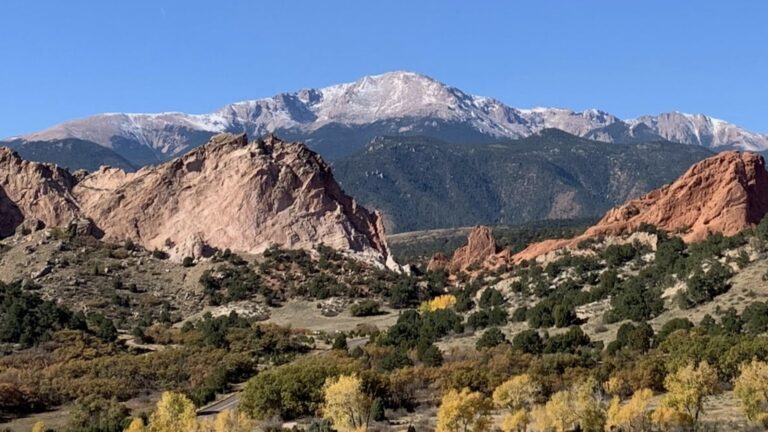
Geologists found evidence in the way enigmatic sandstones called Tava formed in the Rocky Mountains hundreds of millions of years ago.
Science and Technolgy blog

Geologists found evidence in the way enigmatic sandstones called Tava formed in the Rocky Mountains hundreds of millions of years ago.
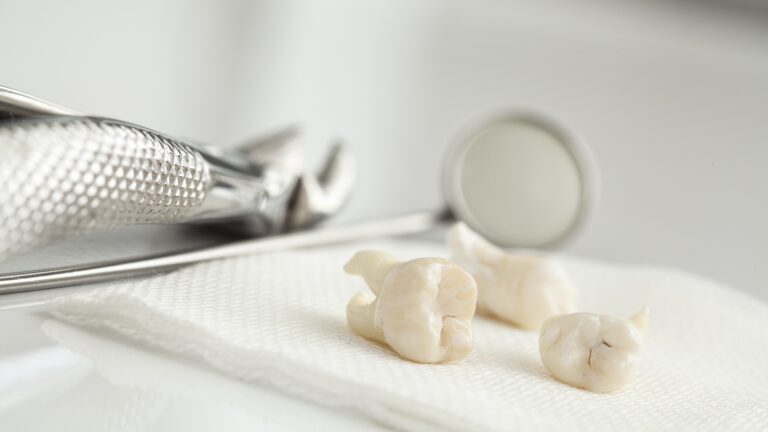
A man’s brain started bleeding just after he got teeth pulled at the dentist’s office. Why?

Prime Day sees some pretty tempting deals and discounts on science gifts, but is it worth waiting for Black Friday to potentially save even more?

There is a 50% chance that global warming will consistently exceed 1.5 degrees Celsius in the next six years, according to a new report.
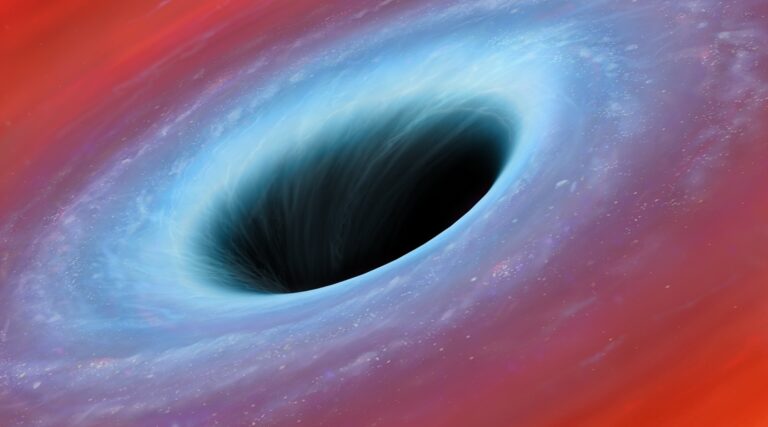
An artist’s rendering of a black hole
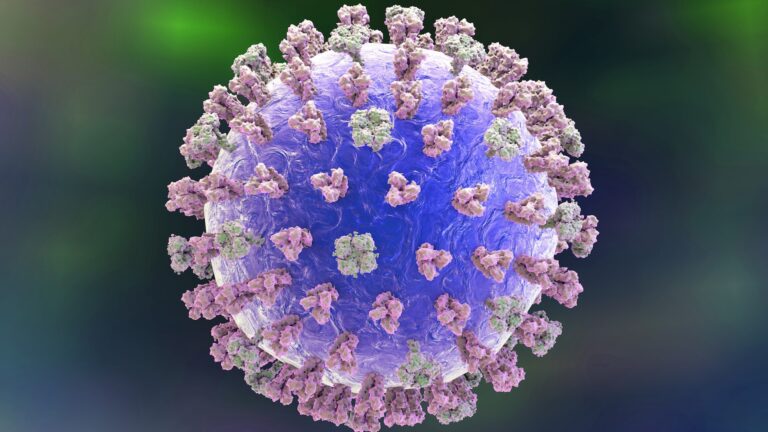
A teen in Canada may be the first person to catch an H5 bird flu virus within the country. Health officials are now working to confirm the diagnosis.
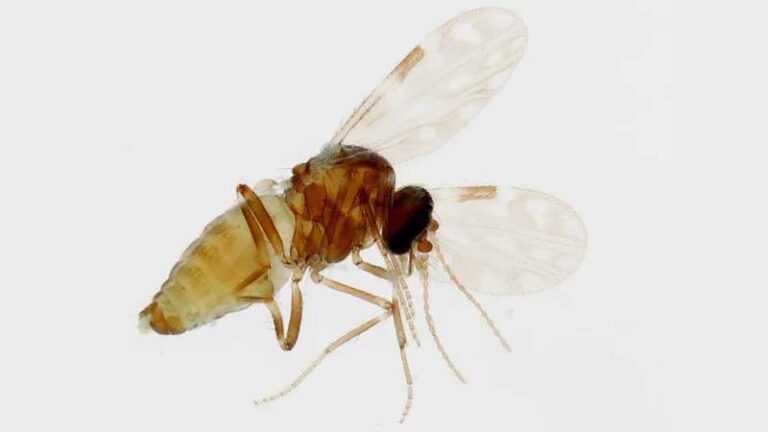
Transmission of Oropouche virus to the womb has been confirmed in two stillbirths and one birth with congenital anomalies that occurred in Brazil.
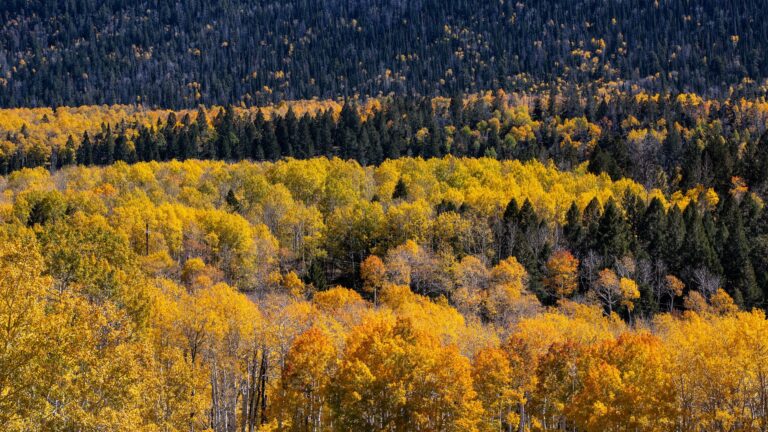
The clonal quaking aspen known as Pando is between 16,000 and 80,000 years old.
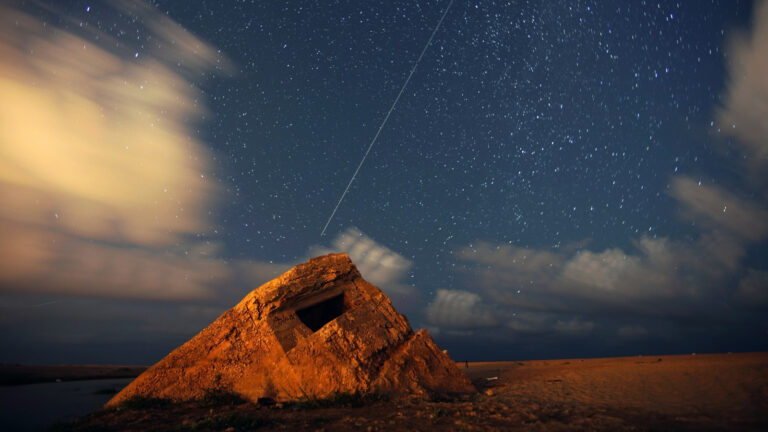
The Leonid meteor shower peaks in North America overnight from Nov. 17 to 18, with fast-moving fireballs possible in US skies.
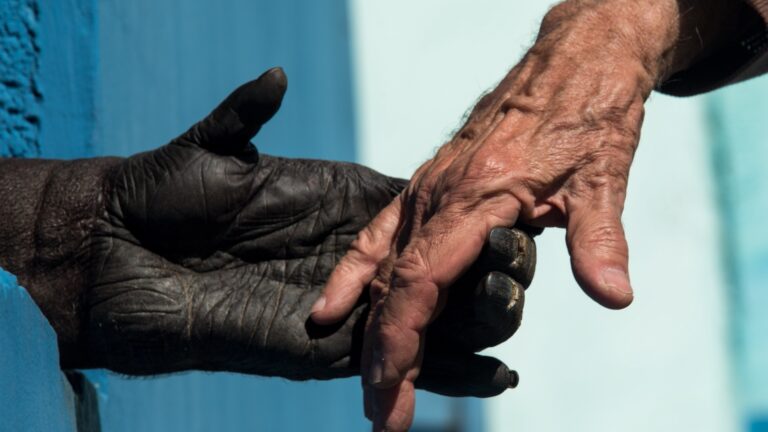
An analysis looking at the hand bones of australopithecines, apes and humans reveals that tool use likely evolved before the Homo genus arose.